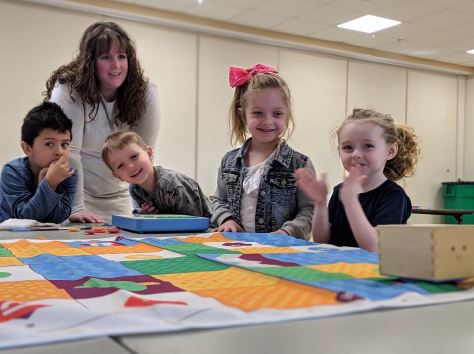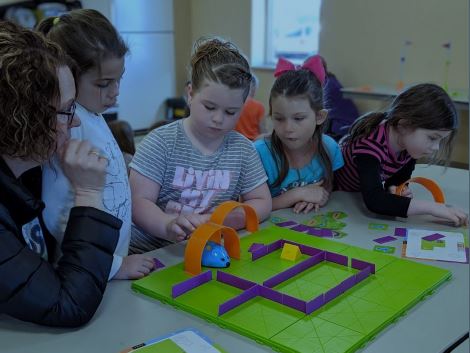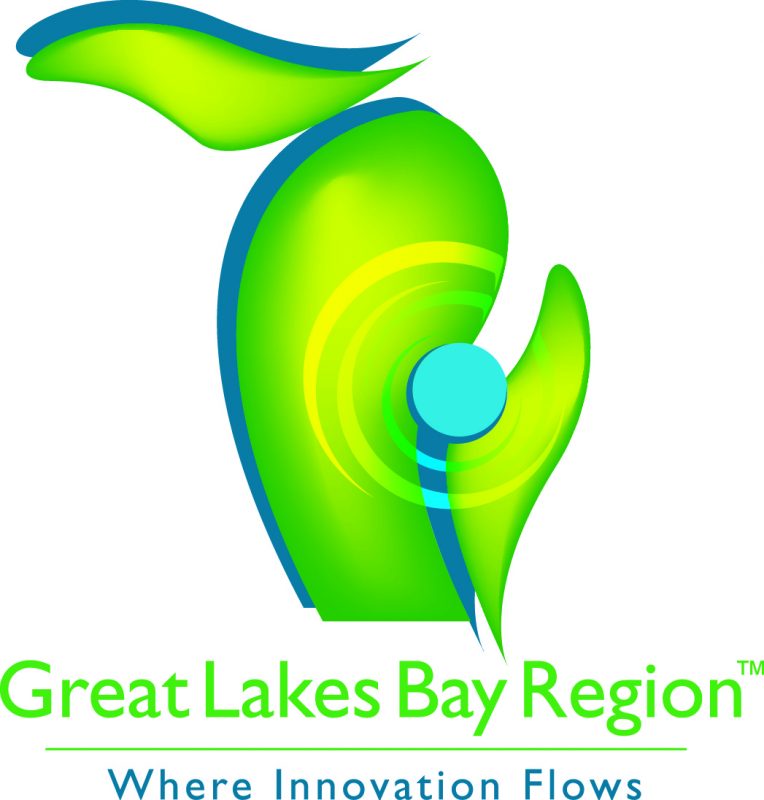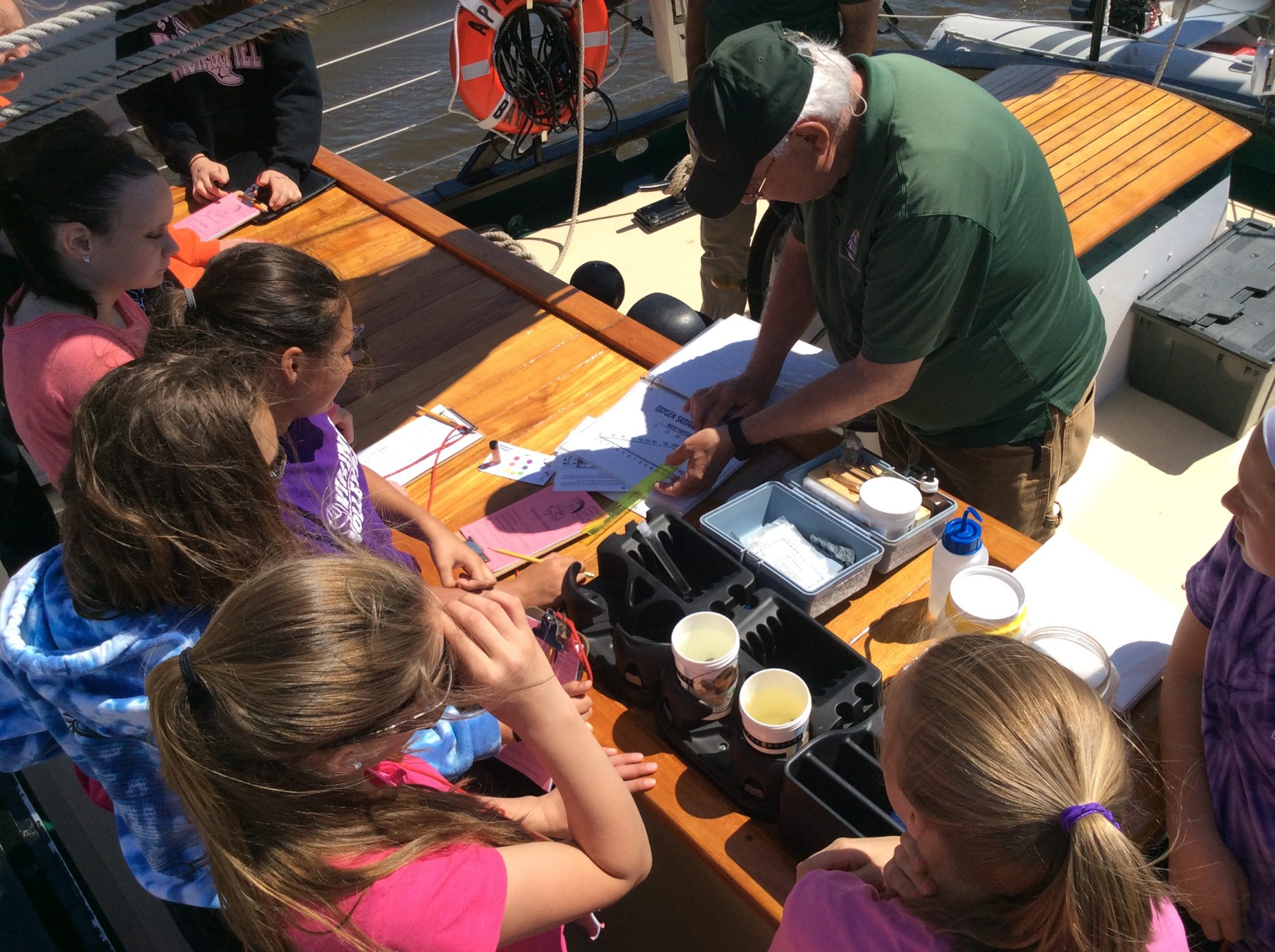STEM Pipeline Blog / June 8, 2020
MASP & Regional Partners Secure Grant to Boost Participation & Awareness of Girls in STEM, Engineering by Expanding Afterschool
The Michigan After-School Partnership (MASP) has been awarded a grant from the STEM Next Opportunity Fund to increase the number of girls participating in STEM and engineering activities in areas of the state. MASP is excited to be working with the Great Lakes Bay Regional Alliance STEM Impact Initiative in the Great Lakes Bay Region, the MI STEM Partnership in southeast Michigan, and the Expanded Learning Opportunities Network in Grand Rapids to focus on equity and inclusion and broaden participation from girls in high-quality afterschool STEM opportunities, MASP Executive Director Mary Sutton said.

“The purpose of the grant is to increase the number of high-quality STEM offerings in each of the three identified regions with a special emphasis on girls and engineering, formalized communication plans and outreach, as well as to develop common data collection across regions of the state,” Sutton said.
The Million Girls Moonshot, a national organization is committed to preparing the next generation of innovators, particularly among underserved and underrepresented youth. Its name comes from its mission to inspire one million girls to re-imagine themselves as engineers who can build and make things. The group has ties to the Charles Stewart Mott Foundation in each of the 50 states.
The grant comes at a time when women make up a relative small number of professionals in science fields. While women make up half of the total U.S. college-educated workforce, they represent less than one-third of the science and engineering workforce. Latin and African-American women make up less than 3 percent of that workforce.

Sutton said high-quality afterschool programming creates an ideal opportunity to help to close that gap. For students in elementary through high school, more than 80% of their time is spent learning outside of school at afterschool and summer programs, in libraries, museums, science centers, or at home or in the community.
Lori Flippin, STEM Initiative Leader of the GLBRA indicated that, “The grant provides another opportunity to increase access to engaging STEM programs, enhance communications with families, and provide more robust training to enhance the work in the region.” Plans under the grant agreement call for developing formalized communications plans, community and family outreach, and data-informed decision-making, to accomplish the mission. Currently under development is a statewide strategic communications plan, common messages and data collection efforts to build capacities of regional efforts and align them to state efforts.
Since MASP applied for the grant, the coronavirus pandemic has emerged requiring changes in how people safely gather. Sutton said the organizations are currently amending the original plan for implementing the grant because of evolving conditions surrounding the continuing pandemic.
The impact of the outreach stands to be significant. There are more than 500 programs serving nearly 35,000 students in the three targeted regions partnering with MASP, Sutton added.


← Blog Archives
